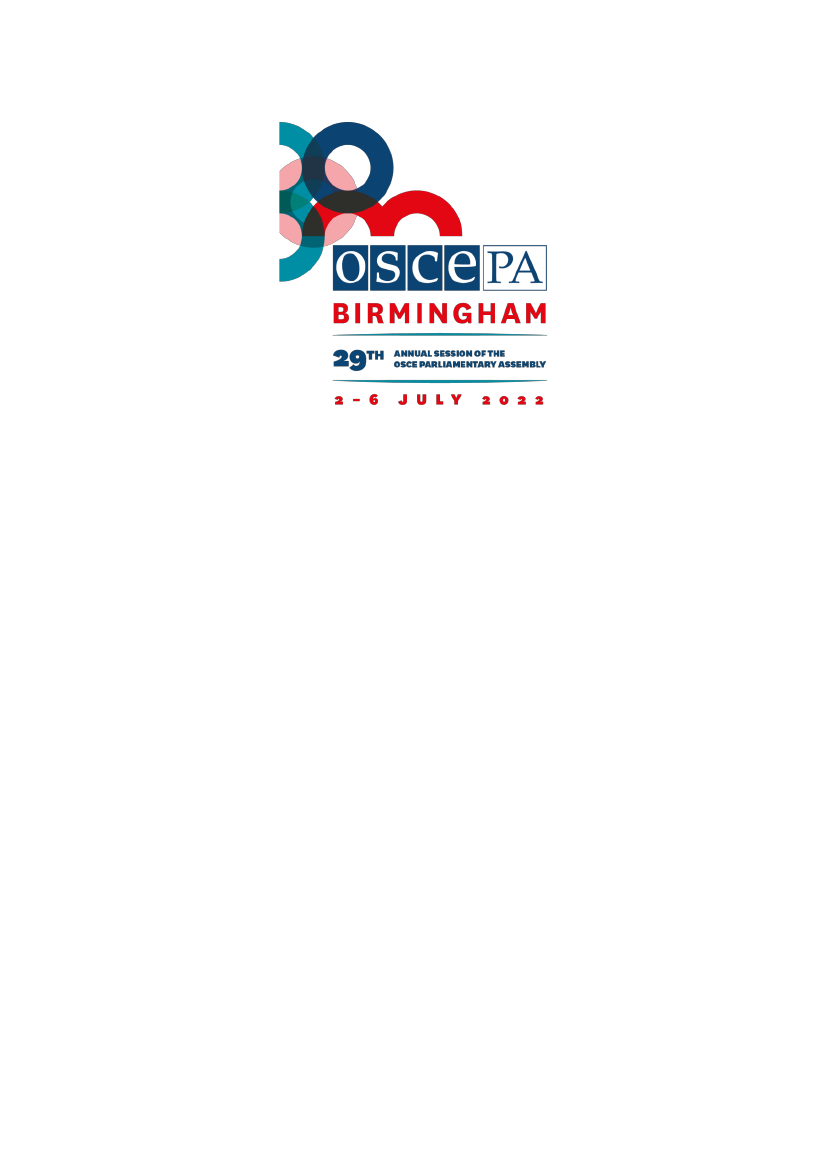
AS (22) RP 3 E
Original: English
REPORT
FOR THE GENERAL COMMITTEE ON
DEMOCRACY, HUMAN RIGHTS AND
HUMANITARIAN QUESTIONS
“Human Security for All as a Basis for
European Security”
RAPPORTEUR
Mr. Johan Buser
Sweden
BIRMINGHAM, 2
–
6 JULY 2022